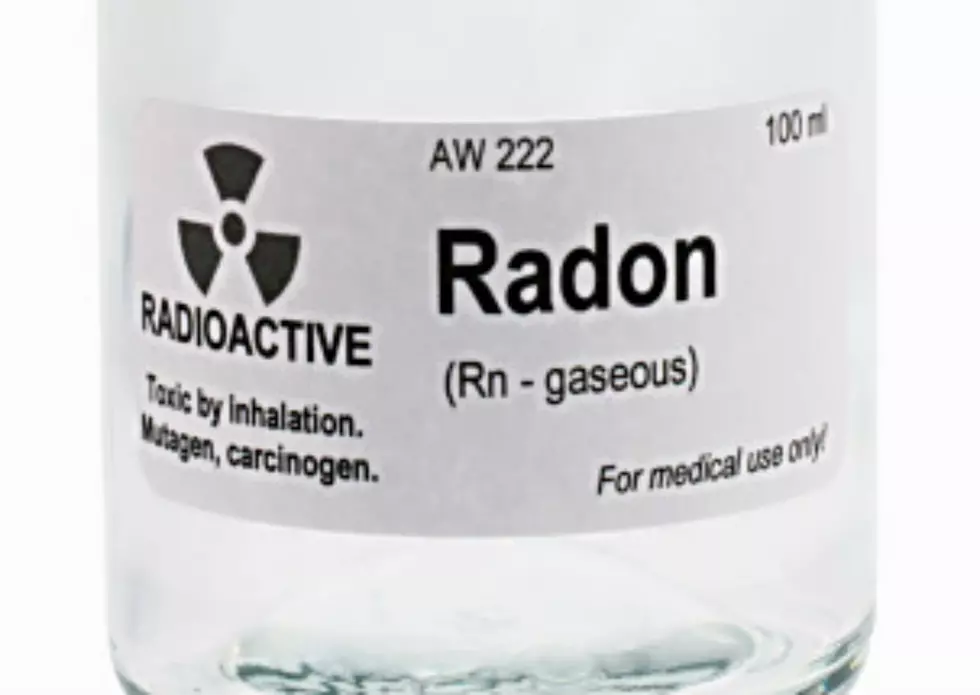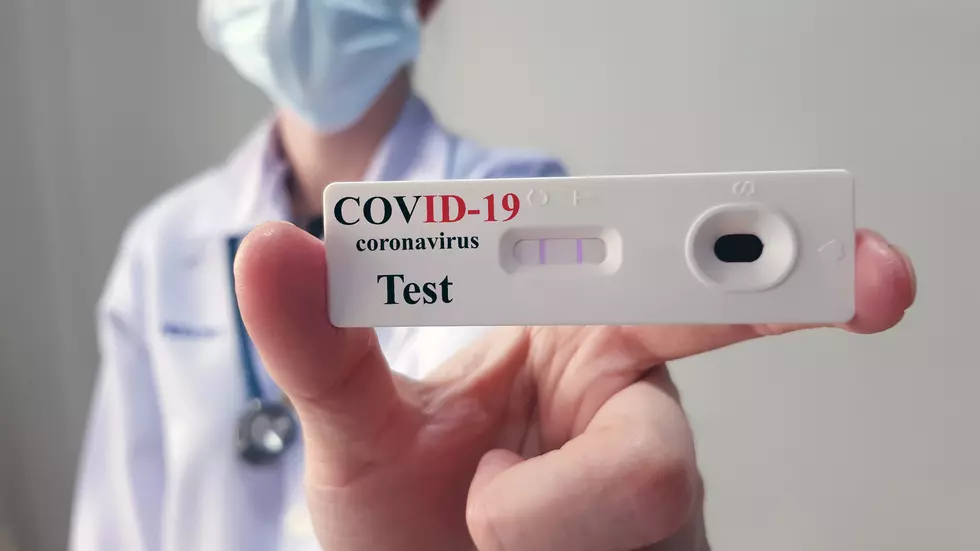
Is your home a radon hot spot? Many NJ homes have high levels
The odorless, colorless, tasteless gas radon is the leading cause of lung cancer in people who have never smoked.
And advocates are concerned about how many people may be exposed to the radioactive chemical on a regular basis, without ever knowing it.
Prolonged exposure to radon causes as many 500 deaths in New Jersey each year, according to a proclamation that declared January 2023 as Radon Action Month in the Garden State.
A little more than a third of the homes in New Jersey have been tested for the gas, and 16% of those homes recorded radon at a level of at least four picocuries per liter, which is the level at which mitigation is recommended, according to the proclamation.
What is radon?
The dangerous gas occurs naturally in the ground and can enter a home through cracks in floors, foundations, basement walls, and other openings.
Behind tobacco, radon is the second leading cause of lung cancer nationwide, according to the American Lung Association.
"Every area of the state has had high levels, and that means that everybody should test for radon to find out what their levels are," said Kevin Stewart, the association's director of environmental health.
On a Radon Potential Map from 2015 — the latest update from the New Jersey Department of Environmental Protection — most of the northwestern portion of New Jersey is considered "Tier 1," or high potential. At least 25% of the tested homes recorded radon concentrations at or above the recommended action level.
Most of the state is considered to be Tier 1 or Tier 2 — at all tiers, levels of 4 pCi/L and higher have been found.
How to test for radon
You can hire a certified company to conduct a radon test, or purchase a do-it-yourself radon test kit.
The kits are relatively inexpensive and easy to use.
Long-term (months) and short-term (days) tests can be conducted. Either way, the testing device should be placed in the "lowest livable level of the home," according to DEP. It should be at least 20 inches from the floor and three feet from openings such as doors and windows.
Tests should not be placed in areas exposed to direct sunlight, or in kitchens, bathrooms, laundry rooms, or closets.
Real estate transactions generally include a radon test before the new owners move in. After that, Stewart recommends testing every five years.
DEP, the American Lung Association, and the Environmental Protection Agency recommend mitigation action when levels are recorded at or above 4 pCi/L. Mitigation may even be wise to consider when levels are greater than 2 pCi/L.
According to DEP, the most common type of radon mitigation system is a "sub-slab depressurization system," which seals cracks from the outside and vents radon through a pipe to the outside. The system can cost hundreds of dollars, and you're still advised to test for radon every couple of years to make sure the system is doing its job.
Dino Flammia is a reporter for New Jersey 101.5. You can reach him at dino.flammia@townsquaremedia.com
Click here to contact an editor about feedback or a correction for this story.





